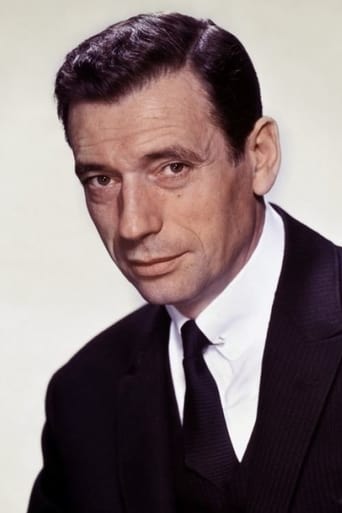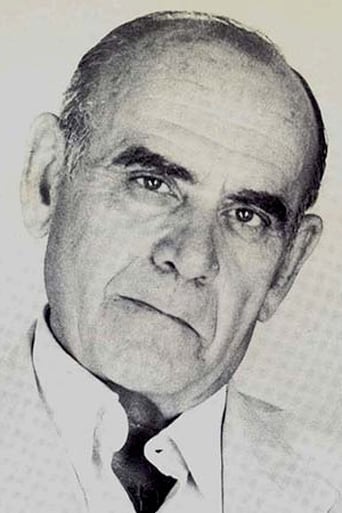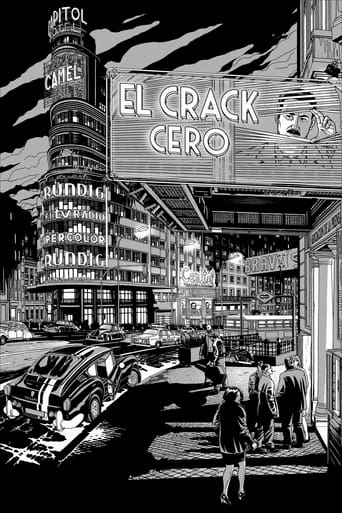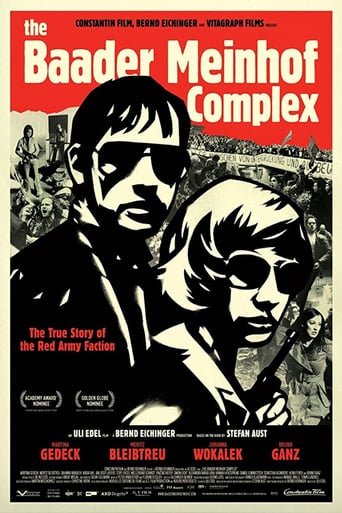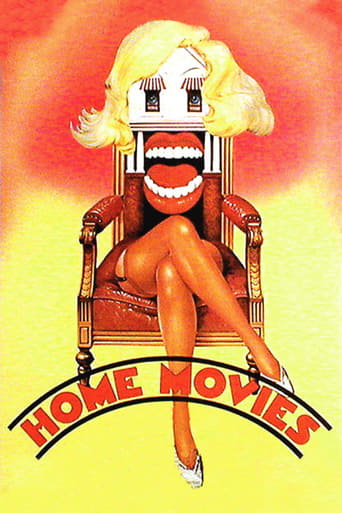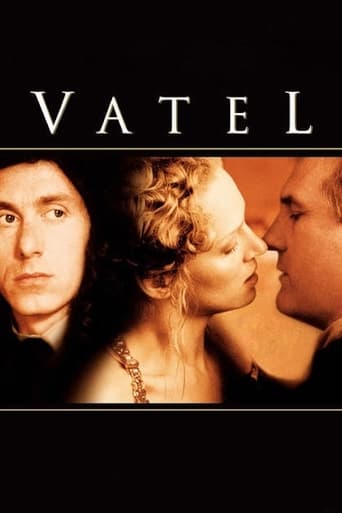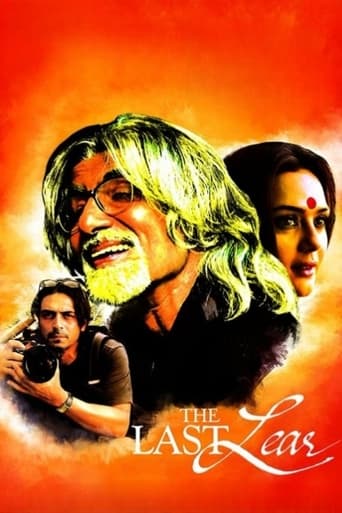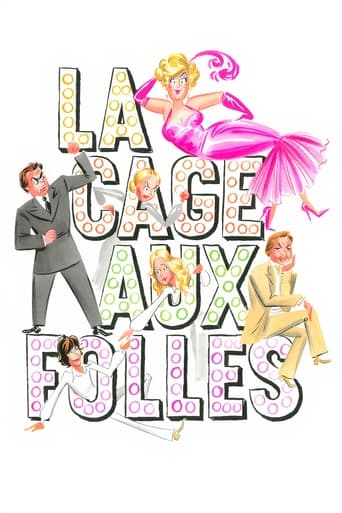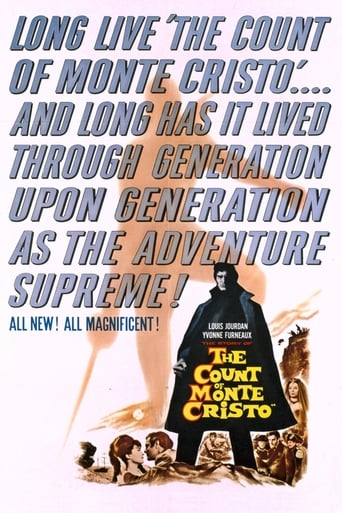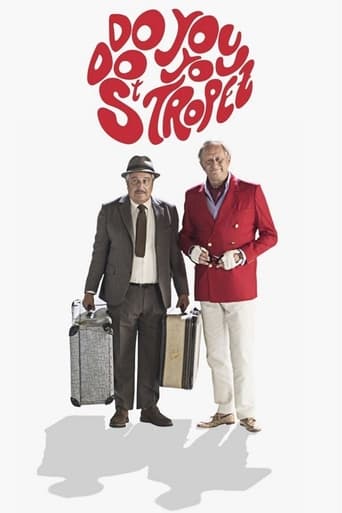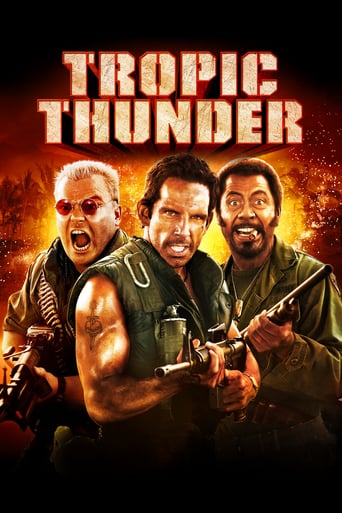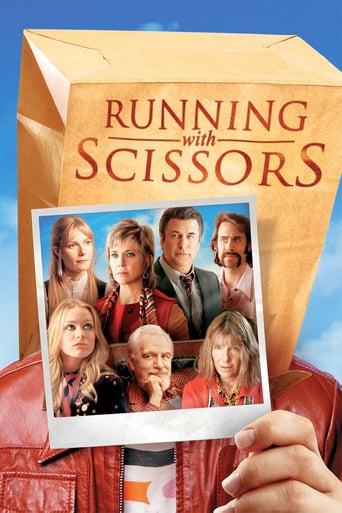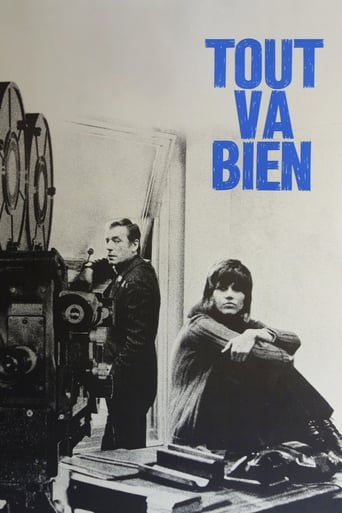
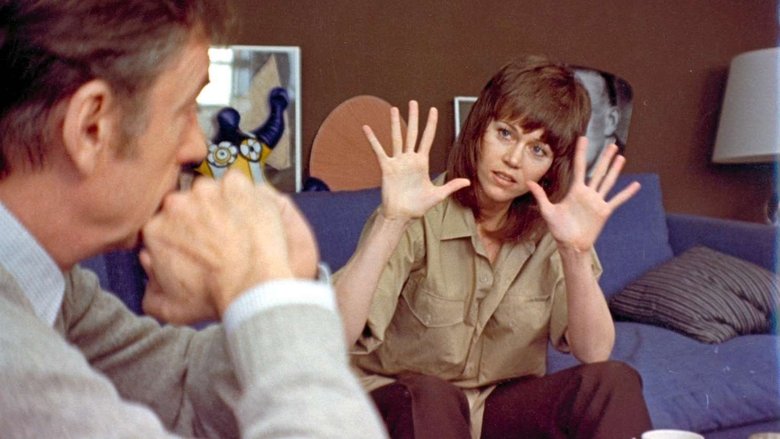
Tout Va Bien (1972)
A strike at a French sausage factory contributes to the estrangement of a married filmmaker and his reporter wife.
Watch Trailer
Cast


Similar titles
Reviews
In 1967 the French director Jean-Luc Godard, whose recent films had been increasingly imbued with political concerns and an infatuation with Mao, stepped away entirely from conventional filmmaking (even in its zany French New Wave form). Joining with his fellow French Maoist Jean-Pierre Gorin, he shot a series of self-funded political tracts that remain little-known today except to extreme Godard completists. But in 1972, after these years in the comparative wilderness, Godard and Gorin got funding to make a bigger-budget picture, with established stars Jane Fonda and Yves Montand. As they planned, the film would initially go through the motions of being a commercial-entertainment picture, but then move into overtly ideological territory. The result was TOUT VA BIEN ("Everything's Fine").Fonda plays an American news correspondent in Paris. Montand is her husband, a former film director who sold out to shoot television commercials for consumer products. As the film opens the reporter, with her husband tagging along, arrives at a meat-processing plant where she had an appointment to interview the director (played by Italo-French comedic actor Vittorio Caprioli). This turns out to be the same day when the plant workers strike and barricade the manager in his office -- and Fonda and Montand end up being stuck in his office with him. The first half of the film consists of the workers stridently clashing with the manager, as well as their union representative who they feel is compromising too much with management. In the second part of the film, Fonda and Montand's experience in the factory, revealing their own guilt and dissatisfaction, opens a rift in their relationship.There is a lot of farce in the first half of the film, and a darkly humorous misanthropy. Godard may have been intrigued by the romance of revolutionary politics, but he depicts the workers as venial, squabbling people that are nearly as awful as the exploitative management. Godard and Gorin make heavy use of Brechtian alienation techniques here, where the audience is continually reminded that they are watching a staged drama, not real life. Thus the factory director reads his lines in a hyperbolic comedic fashion, while other performers seem to be reading their lines in improvised fashion off a sheet of paper offscreen. Fonda and Montand are not directed to act much at all, rather they mainly stand on screen as token "movie stars" and only observe the workers' action. Naturally, French Maoism has not aged well as a political ideology, and people today will see this as a time capsule of a past age in politics than a powerful for the present. Still, Godard and Gorin do capture some timeless truths about how hard it is for the working class to put its frustrations into words.In spite of being shot years into Godard's middle, "Maoist" period when he had supposedly left the New Wave behind entirely, from the very first frame one is likely to find this readily a continuation of his mid-1960s work. The visual aesthetic, i.e. the bright colours -- usually those of the French flag -- the way his actors are instructed to stand, and the general mise-en-scene are the same as his work from PIERROT LE FOU to WEEKEND. There is a reason for that: Godard had a serious motorcycle accident during the initial stages of the film, and while he was recuperating, Gorin had to do most of the directing. Gorin intentionally chose to emulate various bits of Godard's earlier films. This is important to note, because the 1970s would be a decade when Godard's visual style and editing would change dramatically, but due to Gorin's role this film looks backwards to early Godard instead of forward to late Godard. But even if it is a deliberate retread of earlier Godard, it is still visually gorgeous, and the elaborate shot in a hypermarket towards the end (by which Gorin imitated the car crash scene in WEEKEND) deserves to be acclaimed as one of cinema's great long takes.Another effect of Gorin's look to the past is that, if it weren't for shots of France outside the film's set, where we can see that the new fashions and music of the Seventies have come, a viewer might think this was a Sixties film. Nonetheless, there are some fresh things here, namely the appearance of feminist concerns (something generally missing from Sixties radicalism). With its repeated mentions of May 1968, TOUT VA BIEN also captures a very interesting moment in time, when May '68 was close enough to be relatively fresh, but far enough in the past that people could understand what a failure it had proved and wax nostalgically about it.TOUT VA BIEN has never been among Godard's most acclaimed films, and as I said, visually it is a sort of retread. Yet, I greatly enjoyed this film. For me, the mid-late 1960s and early 1970s were a very special time in French history (and in Western history more generally), and watching TOUT VA BIEN really does take one back to that era. I wouldn't recommend this to someone totally unfamiliar with Godard, but if you have seen all his New Wave work, then continue on to this.
Political upheavals at a sausage factory in France ensnare a visiting female reporter and her commercial-director husband; after they return to the normalcy of their lives, the couple find their marriage has irrevocably changed. Examination of the European class struggle of the early 1970s from filmmakers Jean-Luc Godard and Jean-Pierre Gorin is cheekily framed (though for no apparent reason) by voice-over work from a man and a woman discussing the cinematic possibilities of the material we're seeing. Stars Yves Montand and Jane Fonda are flexible within this flaky milieu, though Godard and Gorin have made the characters colorless, stand-ins for real people. Some of the frank sexual dialogue is bold and surprising, and the cynical finale is thoughtful, but much of the picture is withered by unamusing, unenlightening grandstanding. *1/2 from ****
A less heavy handed, less pretentious, more political film from Godard?? Well it is, and it works. May 1968, was a big month for French politics, students taking over administration buildings, the president evacuated, the next french revolution armed and ready...but then, things went back to normal and Jean Luc Godard made a film called "Tout Va Bien" or "Everything's All Right".It's a film about how complex making a film with a "single' political stance can be, and how absurd, and kinda impossible that is, so instead of the apocalyptic barrage of "Weekend", we get the sober, hang over, of political doubts and inconsistencies on both the right and the left. Big stars like the Fonda's, function as big stars, to entice the audience, but do job performances anyway.Like many Godard films, it's kind of an essay in film form, but if that kind of thing holds no interest, for you, just ignore this. It's good, and funny, but it's about a very specific place, at a very specific time, through the minds of not one but two very eccentric and at times difficult, artists, in Gorn and Godard, and that probably wont appeal to everyone. Which is fine, movies are good, because of their specificity to individual lives, tastes, and concerns, not their universal appeal to crowds.
Godard always makes me think. I'm never indifferent to what he does, with a few exceptions. But many times the excitement about a film by Godard comes in the days after i saw it. This is one of those cases.The setup is simple, he is working on the structural (re)invention of his own films. He probably was by than arrogant enough to believe he was working on the reinvention of the whole cinema (remember the "jean luc cinema godard" signature of Bande a part?). Well there are conclusions which came to affect other works by many other authors, but not always. I think this one is important as a milestone for Godard, in the great picture of his work and it is important to watch on the historical context of cinema than. Many things were happening in the beginning of the seventies, and the main issue was perhaps to clarify the meaning of cinema and its links to real life, the main question the nouvelle vague had raised but never satisfactory answered to that moment. So there are a few works from this period i think should be checked for they show different approaches from different contexts to a similar issue. Think about "F for fake" by Welles, "The conversation" by Coppola, "La nuit américaine" by Truffaut, a few years before Antonioni's Blow up. In the root of all this projects (and some others) is, to my view, this cinematic concern of understanding whether cinema represents life, stages life, or is pure fiction which may influence life. This is probably the least interesting answer of the works i mentioned, but it is still worth a look.The reason why i think this is less rewarding than the films i mentioned above is because Godard, at this point, tended to ruin partially his films by dulling the viewer with his childish half baked conceptions of political ideologies. So he doesn't focus so much on cinema as he does on politics. I like to believe that even than he had the notion of the lack of deepness in the ideas he depicts, but chose to understand that posture as a motivator of certain aesthetics conceptions. So, regarding cinema:The film is in itself a rough structure, which contains several rough structures inside. The result is that we are able to check the mechanics of all the issues we watch: film, politics, and personal relations. Of these three, the only one that matters is the issue film-making. All is denounced so, in the beginning, we have a shot in which someone signs checks to pay film-related services (photography, film, script, etc) followed by an off dialog translating a stylization of the beginning of the film making process. Than we get a beautiful hole sequence inside a factory. We see the factory as a section, so we are able to simultaneously get what happens in every division of it (this structural denouncement was to be used in different context by von Trier, with Dogville). Even before we are allowed to understand we are watching a set, never for a moment one believes to be watching a real location (the colors are those of the french flag). The performances by the workers are also ostensibly stagy, so one doesn't suspect we are watching real life being captured. So, fiction is announced. Like Truffaut in "la nuit américaine", Godard finally assumes that film has a kind of dynamics which has not that much to do with life, and the role of cinema is not to capture life, but to create a life of its own, which has roots in real world, but has its own inner laws.Than Godard ruins partially the experience. He assumes the political speech. He places still on the factory context several workers (actors performing workers, good to remember) unleashing terribly boring monologues (at least from by point of view, i'm not a May 68' guy, older folks please comment on this) concerning their rights and their complaints. He places the actors talking directly to the camera, assuming once more there is a filming being made. Later he even assumes we can make our own film, when he puts Montand talking side by side with a camera pointing at us.The third and clearly least worked out issue is the personal relation between Fonda and Montand. It is also told caring for the structure of the thing. So everything is stylish, cliché, but it is supposed to be like that. We end the film with possibilities on how their relation ends.This is a cinematic sketch, like the demo of a film. I like that attitude, i like the aspect of "unfinished" project, roughness, provisional look of the film. It's as if we were part of the process. And indeed we are.Oh and there is a shot, that alone makes this worth watching. The relatively famous shot on a supermarket. We have the camera moving for about 15 minutes over a straight line, we watch the normal life of a supermarket, stuff happening, a staged "ideological" fight. Just that. The camera comes and go, the line it follows is parallel to the line of register boxes which register the clients shopping. We see the things at the level of the registers box workers. It's just beautiful. It's cinema, maybe not the cinema of truth, but true cinema. Really.My opinion: 4/5


